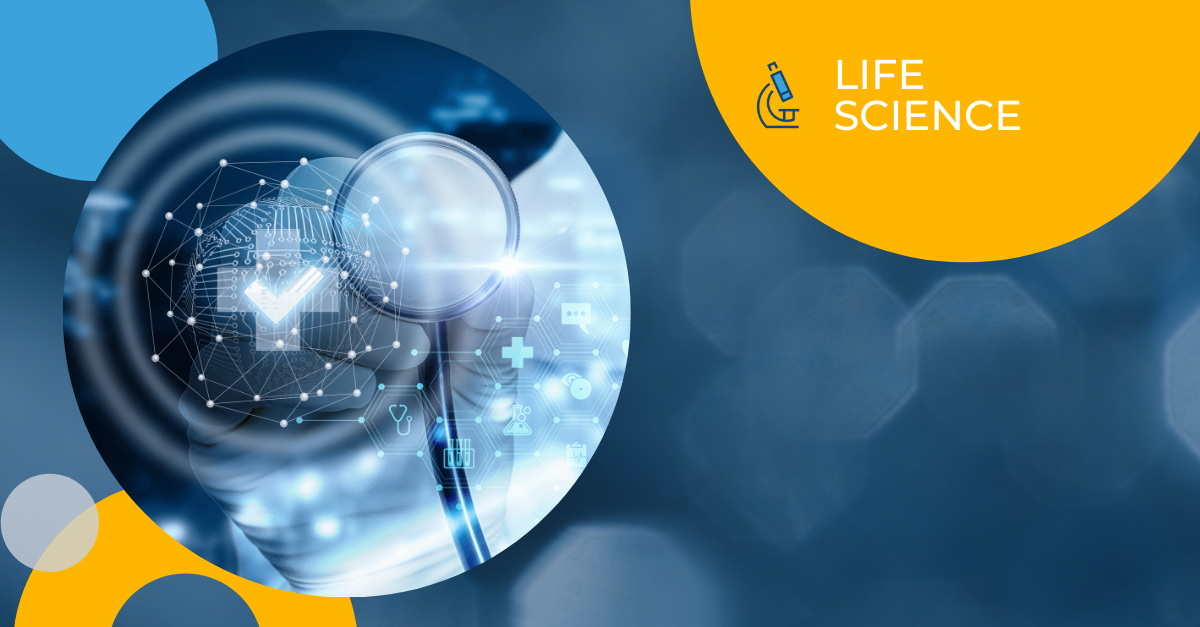Any business that trades globally will understand the importance of precise language and accurate document translation, but in the biotech, pharmaceutical, and medical device industries, there is even more at stake when it comes to translating important documents. A translation error in the life sciences industry not only delays and complicates research and production efforts, but it could actually prove harmful to patients or subjects. Minimizing risk when it comes to medical translation is of paramount importance.
To ensure high quality medical translation, it is important to write the original English documents and instructions in clear and concise language. That will make it easier for the medical translator to ensure clarity when they translate the document the target language. It is equally important that the translation is performed by a professional translator with expertise in the specific medical field who can translate the documents and Instructions clearly in each language in which they are published. If a medical professional or patient misunderstands directions due to a linguistic error, your business may be liable. This costly error will not only result in major expenses to your business, but it could also affect your reputation and future sales.
Furthermore, potential investors are likely to be incredibly wary about investing in pharmaceuticals or medical companies with poorly translated documentation, due to fears about the safety of administering the drug or device to patients. Therefore it is imperative that any instructional documents or labels are carefully translated, proofread, edited and reviewed by native speakers to ensure that they are undoubtedly clear, concise and minimize risk.
The importance of field-specific knowledge
An experienced translator be able to accurately translate even the most technical of medical or pharmaceutical terms, but it’s also essential that they have a strong understanding of region-specific jargon, regulations or laws. For this reason, businesses should be careful to only hire translators who are qualified and experienced in specific region that is being targeted.
It is also essential that the medical translator have specific subject matter expertise. Let’s say a pharmaceutical company requires the translation of clinical trial documents for a new drug designed for diabetes. An appropriate translator would be someone who holds an MSc or PhD in the pharmaceutical field, and who has specific experience in writing and translating clinical trial papers. In addition, the translator should ideally have specific experience translating documents related to diabetes.
The same goes for translation of regulatory documents or pharmaceutical labels; the medical translator must be qualified in the relevant area and be experienced in translating similar documentation in order to ensure that they follow the guidelines and industry standards that regulatory bodies and potential clients expect.
High quality across all documentation
It’s not just clinical studies, regulatory documents, labels and instructions that must be accurately translated in the medical and pharmaceutical industries, but also marketing materials, patents and website content as well. Your website and promotional materials may be the very first impression you make on a potential client and translation errors here could deter buyers and medical professionals who expect impeccable quality and absolute clarity in all documentation related to medical and pharmaceutical products.
Patents should also be translated with great care, as inaccuracies here could result in a product being improperly protected. The pharmaceutical and medical industries are particularly competitive all over the world, and it is crucial for a business to protect their intellectual property assiduously through effective patent prosecution which includes accurate and precise translations for life sciences patents.
As you can see, there are many risks associated with inaccurate medical and pharmaceutical translations, and so many benefits from ensuring that your translated documents are accurate in terminology, clear in instruction and tailored to each target language audience. By investing in high quality translations, you are not only protecting the professional image of your brand and your reputation, but also your products, your clients and most importantly their patients.


